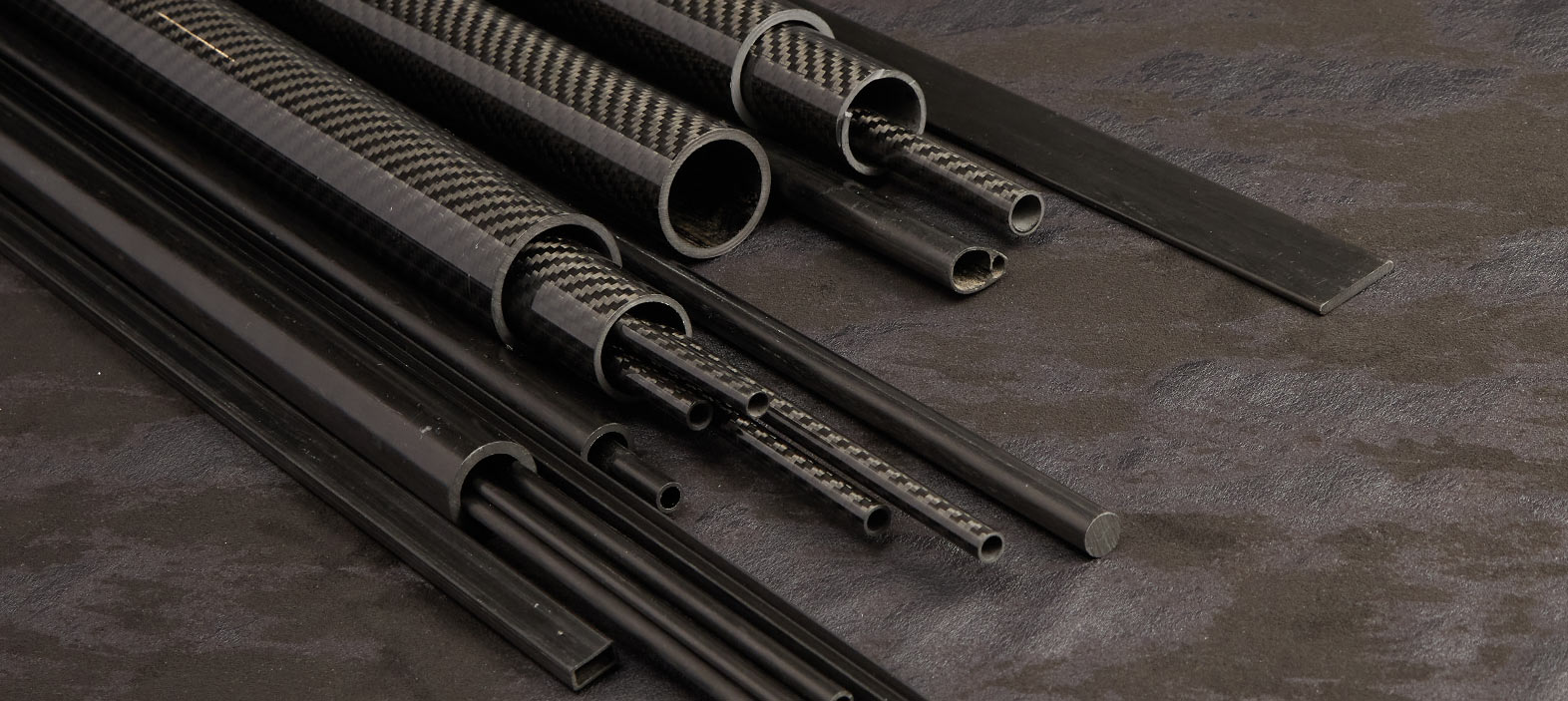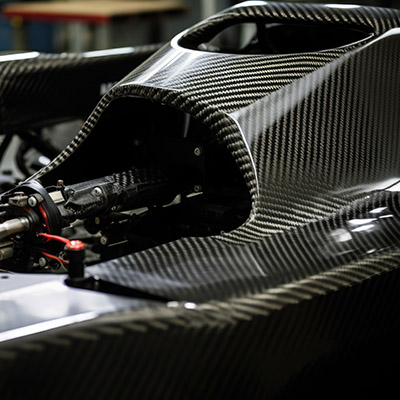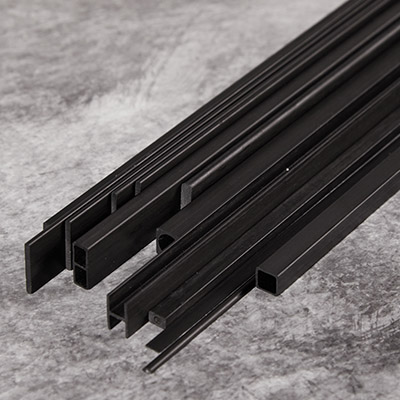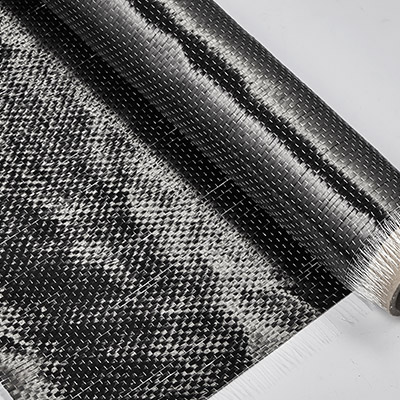
What is so special about carbon fiber?
👁 Reads: 553
Carbon fiber is a material that has been gaining popularity in various industries due to its unique properties. The composite material is made of thin fibers composed of carbon atoms. These fibers are then woven or bonded together to form a fabric, which is then further layered and molded to create various products. Carbon fiber products are known for their strength, durability, and lightweight properties, making them an ideal choice for many applications.
What is carbon fiber?
A composite material made of thin fibers composed of carbon atoms, carbon fiber is extremely strong and lightweight. It is an ideal material for applications in industries and products where strength and weight are critical factors. The material is produced through a complex process that involves weaving, bonding, and layering the fibers together to create a fabric. For tubes and rods, sheets and CNC parts and other customized products, there are different manufacturing methods depending on the finish.
Carbon fiber is a unique and sought-after material due to its exceptional properties. It is a composite material made up of thin carbon fibers that are woven together and embedded in a resin matrix.
Why is carbon fiber so special?
The unique properties make the composite material special and for use in various applications. One of the most notable properties is the strength-to-weight ratio. Carbon fiber is incredibly strong with a tensile strength that is five times that of steel, yet incredibly lightweight, with a density of only 1.6 g/cm3. This means that each of the products can provide the same strength as steel but with only a fraction of the weight.
Another notable characteristic is its stiffness. This means that it does not bend or flex easily and is suitable for applications where rigidity is essential, such as in the aerospace industry. Also due to its high resistance to heat, it is ideal for applications where high temperatures are present.
High strength-to-weight ratio: Significantly stronger than steel and aluminum while being much lighter, making it ideal for applications where weight reduction is crucial without sacrificing strength.
Rigidity and stiffness: The material can resist deformation and maintain its shape under heavy loads. This property is beneficial in structural applications such as aerospace, automotive, and sports equipment.
Corrosion resistance: Unlike metals, carbon fiber provides superior resistance to environmental factors such as moisture, chemicals, and temperature changes. This characteristic extends the lifespan of carbon fiber products.
Fatigue resistance: It can endure repeated stress cycles without weakening or failing. This property is advantageous in applications that involve dynamic loads or vibrations.
Electrical conductivity: Carbon fiber is electrically conductive, enabling it to dissipate static electricity and electromagnetic interference. The material finds applications in industries where electrical conductivity is essential, such as the aerospace and automotive sectors.
Design versatility: The composite material be shaped and molded into various complex forms, allowing for intricate designs and customized structures. It offers flexibility in design, enabling engineers to optimize performance and meet specific requirements.
Due to these exceptional properties, carbon fiber is extensively used in industries such as aerospace, automotive, sports equipment, robotics, and more, where its unique combination of strength, lightweight nature, and durability is highly valued.
What can it be used for?
It has a wide range of applications across various industries. In the automotive industry, it is used to create lightweight and strong car parts such as body panels, hoods, and trunks. Carbon Fiber Sheets are also used in the aerospace industry to create lightweight parts for aircraft, rockets, and satellites. The sports industry also uses by applying in the design of bicycles, tennis rackets, and golf clubs. In the medical industry, the material is used to create prosthetics and other medical devices.
What is so special about carbon fiber and why does it make cars so expensive?
It is an expensive material to manufacture, store and for applications, which is one reason why it can make cars expensive. The process of creating the fiber involves several steps, including weaving the fibers together, bonding them, and layering them to create a fabric. This process is labor-intensive and requires specialized equipment, making it expensive to produce.
Another reason why it can make cars expensive is that it is a premium material that offers exceptional performance benefits. It is incredibly strong and lightweight, which means that it can improve the performance of a car in terms of speed, handling, and fuel efficiency. However, these benefits come at a premium cost, which is reflected in the price of the car.
What makes carbon fiber so strong?
It is very strong because of its unique structure. It is composed of thin fibers composed of carbon atoms that are woven or bonded together to create a fabric. These fibers are incredibly strong and stiff, which means that they can resist bending or breaking under stress.
The strength comes from the way the fibers are oriented and layered together. The orientation of the fibers determines how much stress they can handle before breaking. By carefully orienting and layering the fibers, carbon fiber manufacturers can create composites that are incredibly strong and lightweight.
Why is carbon fiber light?
It is light because of low density. The density is only 1.6 g/cm3, which is much lower than the density of other materials such as steel or aluminum. This means that it can provide the same strength as these materials but with only a fraction of the weight.
The low density of carbon fiber is due to the structure of the carbon atoms. The minuscule size of carbon atoms and low atomic weight mean that they do not contribute significantly to the weight of the material. Additionally, it is thin, which further reduces the weight of the material.
Conclusion
In conclusion, carbon fiber is a unique material with properties that make it an ideal choice for various applications. The characteristic of strength-to-weight ratio, stiffness, and resistance to heat makes a popular choice in industries such as aerospace, automotive, sports, and medical sectors. While expensive to manufacture, the performance benefits make it a premium material that can improve the performance of a product. Understanding the properties and benefits can help manufacturers make informed decisions about using this material in their products.





